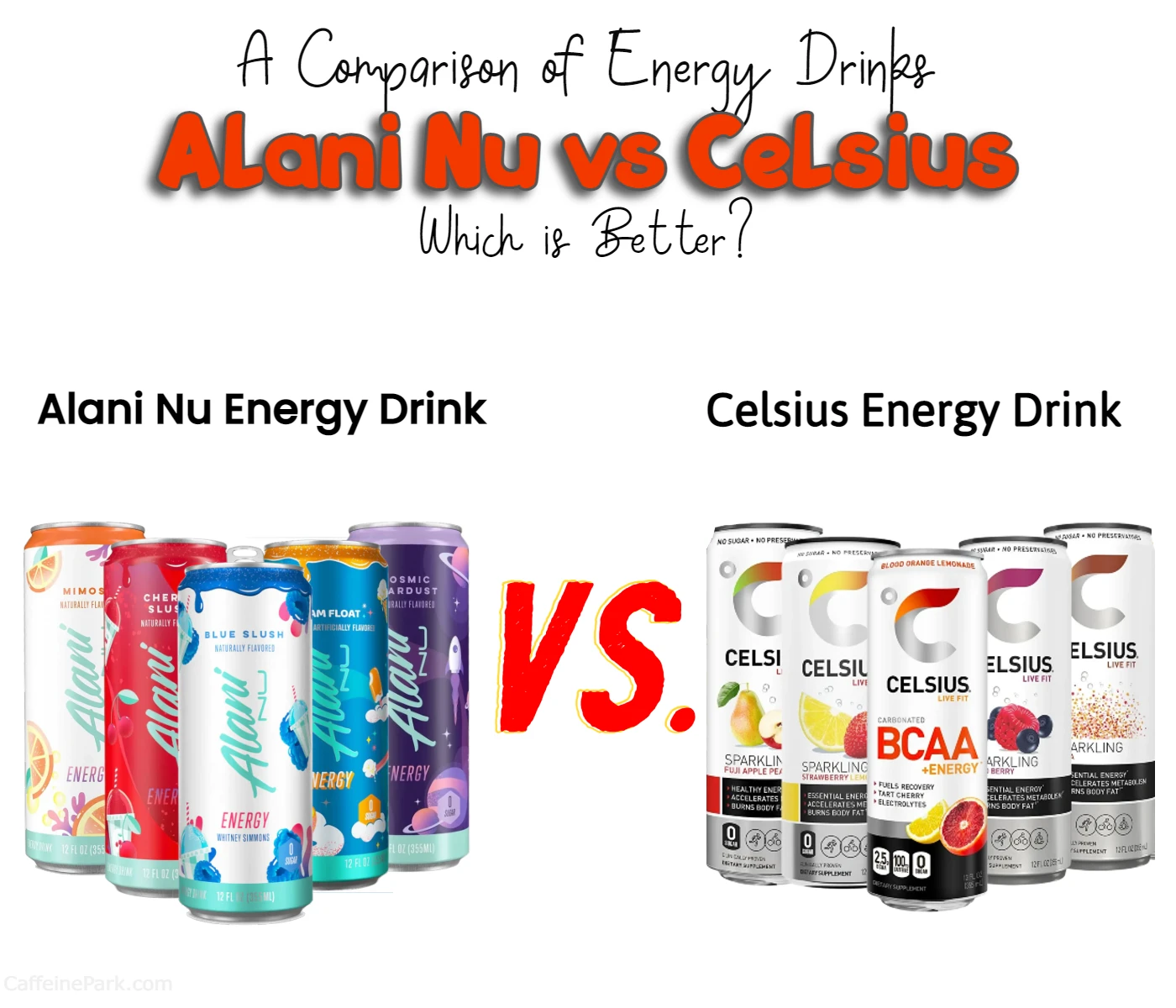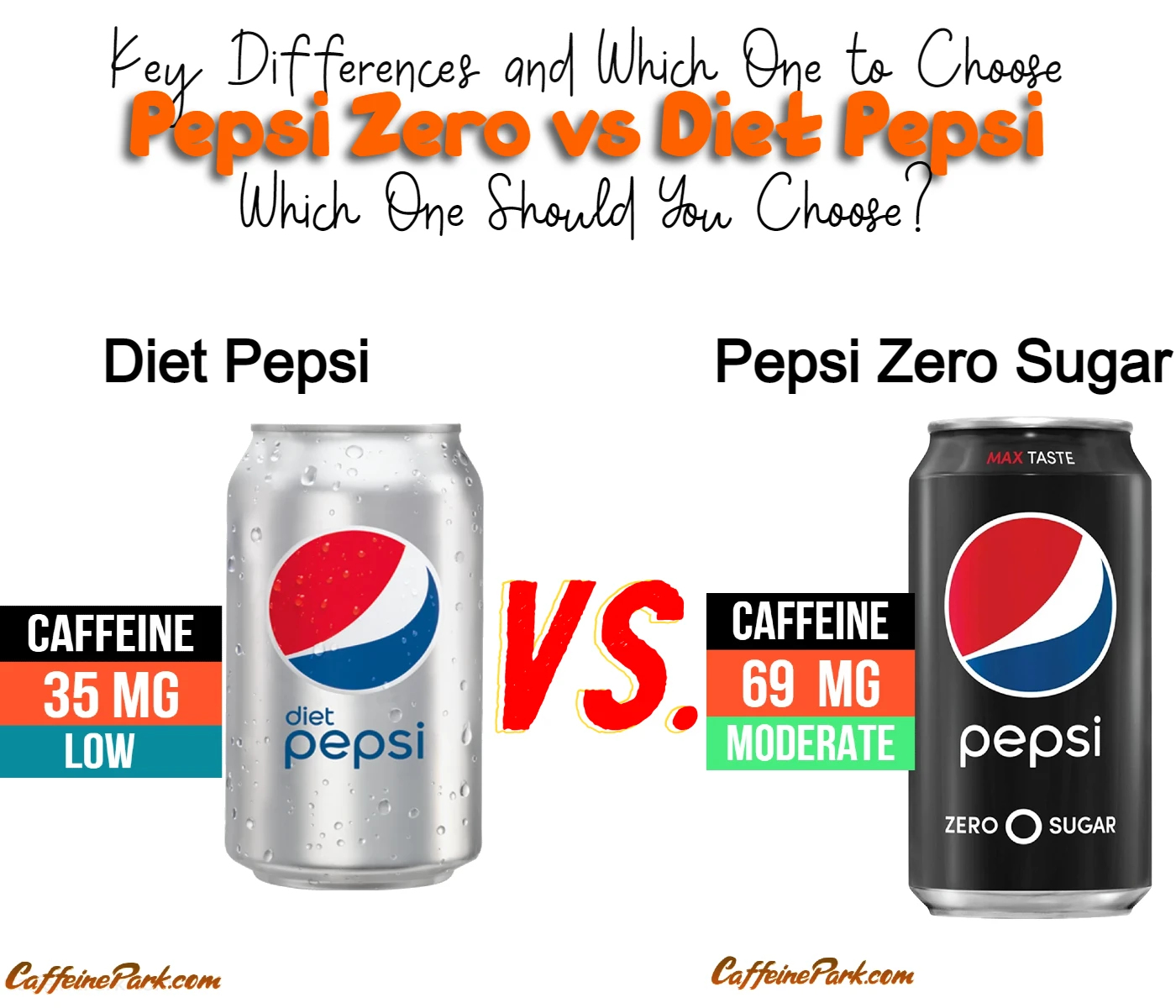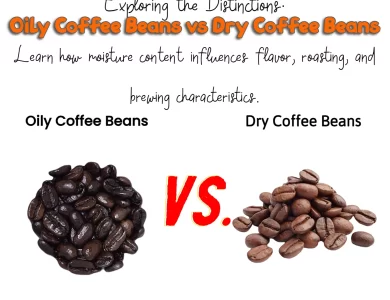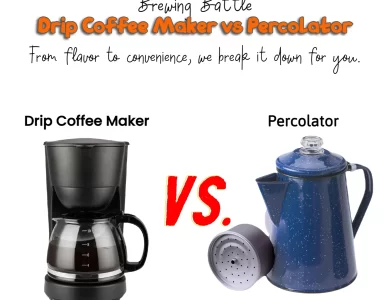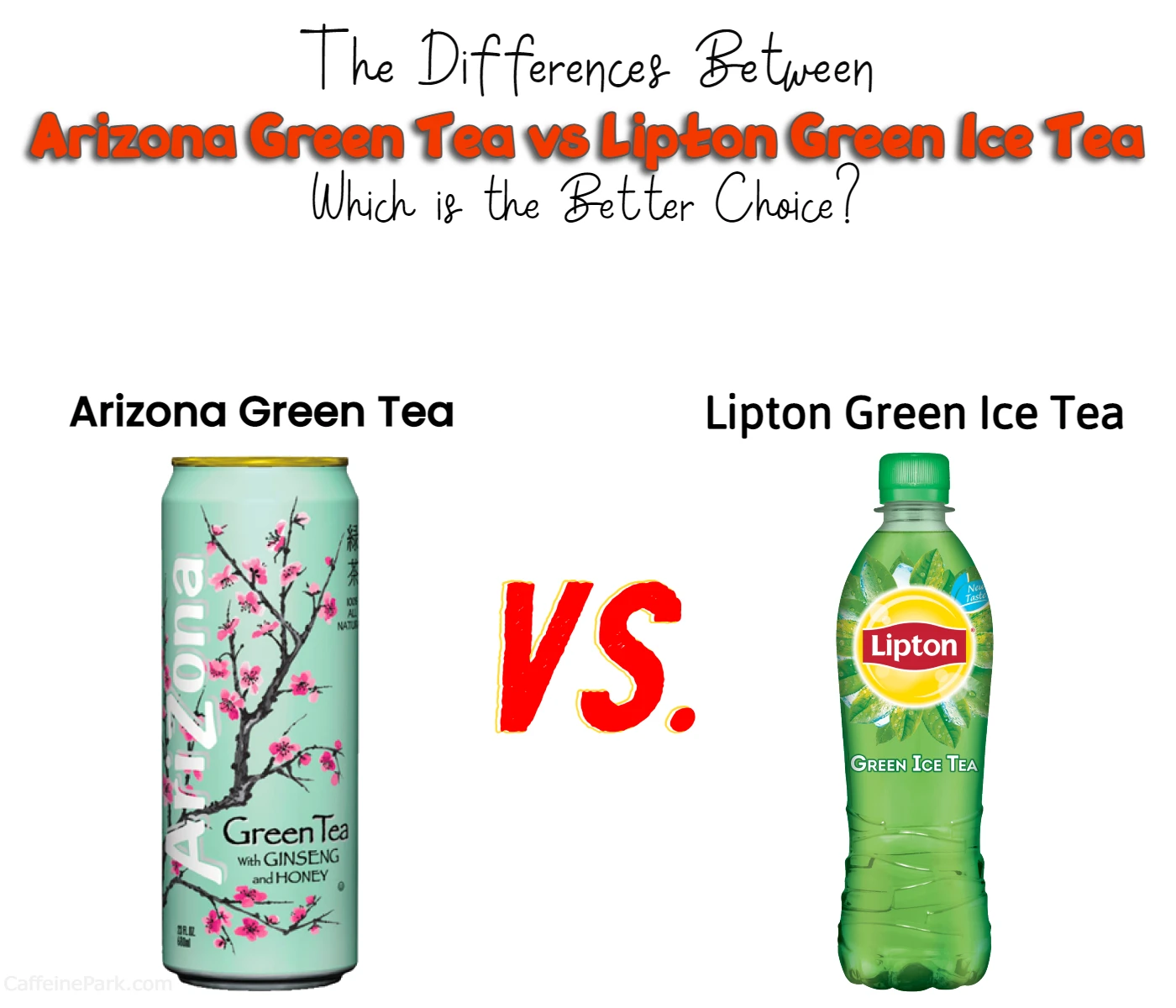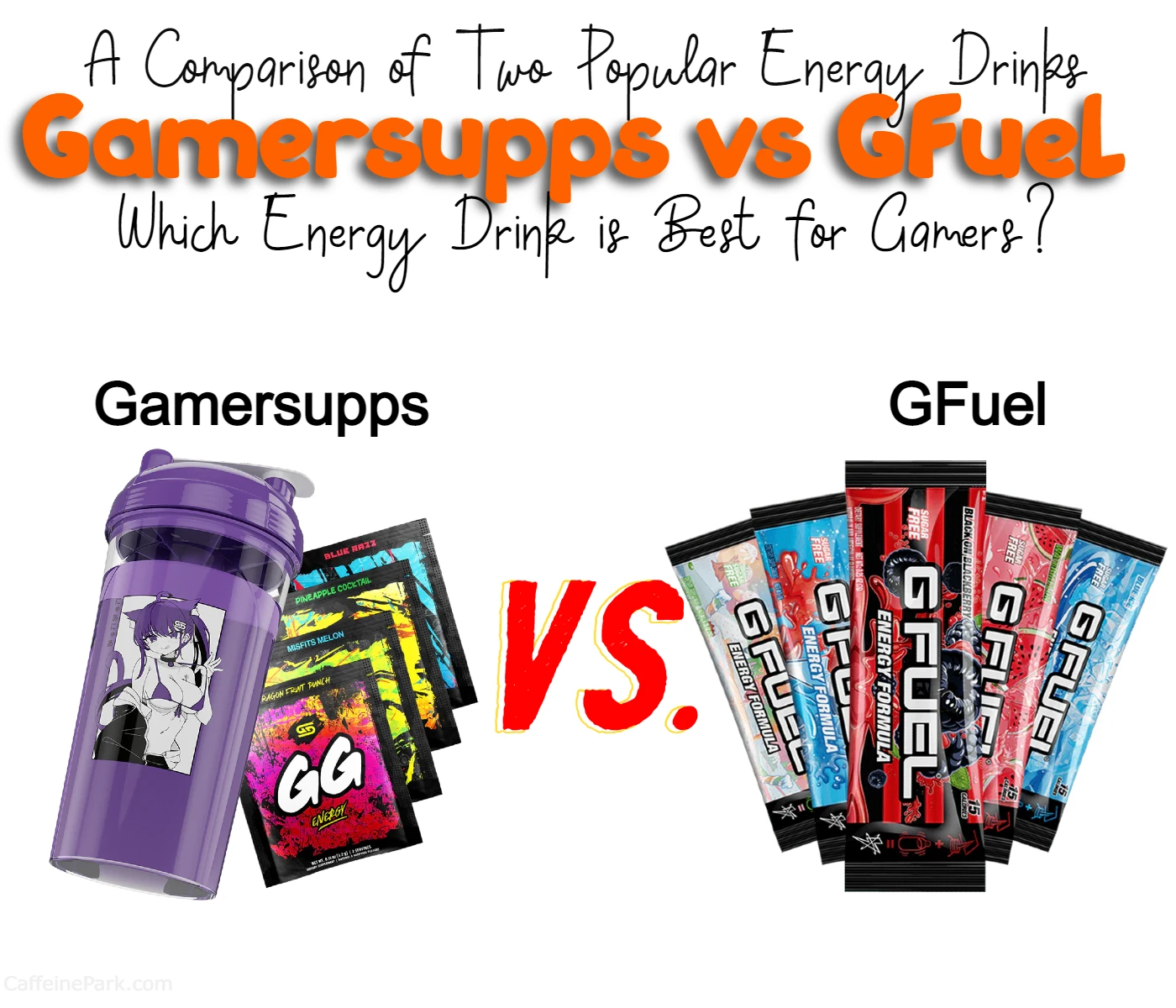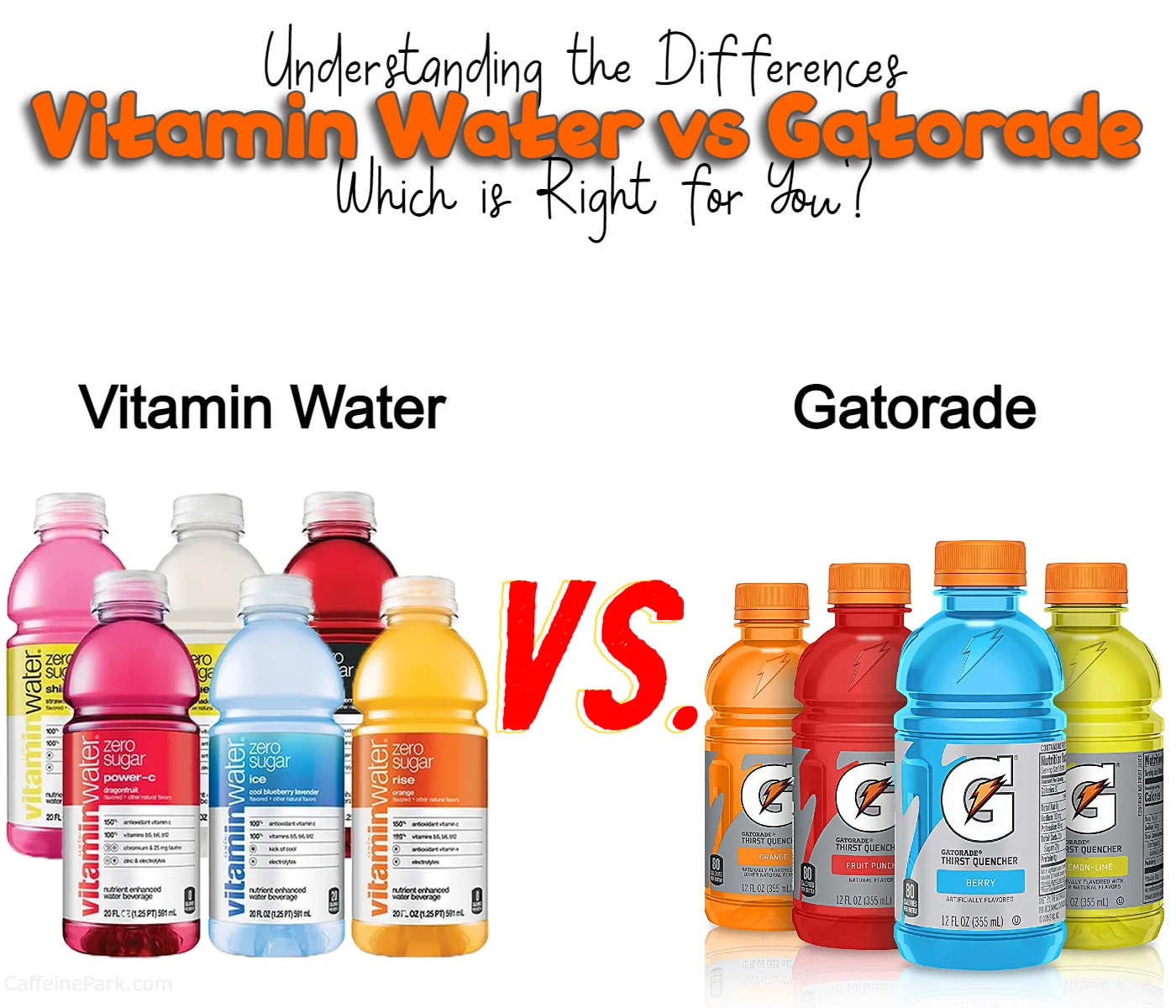
Today, we’re going to explore the differences between two popular choices: Gatorade and Vitamin Water. If you’ve ever found yourself standing in front of the beverage aisle, wondering which one to pick, you’ve come to the right place. We’ll unravel the unique characteristics of each drink, from electrolyte content and sugar levels to flavor options and target audiences. So, grab a refreshing drink of your choice, and let’s embark on this flavorful journey!
When it comes to hydration, Gatorade has long been a go-to choice for athletes and fitness enthusiasts. With its focus on electrolyte replenishment and quick energy, Gatorade provides the necessary boost during intense physical activities. On the other hand, Vitamin Water offers a different approach. It combines hydration with added vitamins and nutrients, appealing to health-conscious individuals who prioritize overall well-being. Both drinks have their own distinct flavor profiles to keep your taste buds satisfied, with Gatorade offering bold and intense options while Vitamin Water boasts lighter and more subtle flavors.
As we delve deeper into this comparison, we’ll discuss various factors such as electrolyte content, sugar and calorie levels, packaging, availability, and even marketing strategies. By understanding the differences between Gatorade and Vitamin Water, you’ll be equipped with the knowledge to make an informed choice that aligns with your personal preferences and specific hydration needs. So, read on, explore the fascinating world of hydration drinks, and discover which one suits you best. Hydrate smartly, stay active, and let’s begin this exciting journey together!
Here’s a quick table summarizing the key differences between Gatorade and Vitamin Water:
| Aspect | Gatorade | Vitamin Water |
|---|---|---|
| Primary Focus | Electrolyte replenishment and energy | Hydration with added vitamins and nutrients |
| Electrolyte Content | Higher concentrations of sodium, potassium, chloride | Lower concentrations of electrolytes |
| Sugar Content | Higher sugar content (varies by variety) | Lower sugar content (varies by variety) |
| Calorie Content | Higher calorie content (varies by variety) | Lower calorie content (varies by variety) |
| Flavor Options | Extensive range of bold and intense flavors | A diverse range of lighter and more subtle flavors |
| Target Audience | Athletes and intense physical activities | Health-conscious individuals and daily hydration |
| Availability | Widely available in various sizes and formats | Commonly found in supermarkets and convenience stores |
| Packaging | Bottles and powdered forms | Single-serve bottles |
| Marketing Approach | Performance enhancement for athletes | Health-conscious hydration alternative |
| Price Range | Falls within range of other sports drinks | Slightly higher than traditional bottled water |
| Special Dietary Needs | Offers low-sugar and zero-sugar options | Provides options with lower sugar content |
| Personal Preference | Bolder and intense flavors | Lighter and subtle flavors |
Differences between Gatorade and Vitamin Water
The Background Story:
To fully appreciate the differences between Gatorade and Vitamin Water, it’s essential to understand their origins and intended purposes.
Gatorade: In the 1960s, a group of researchers at the University of Florida developed Gatorade to address the hydration needs of the university’s football team, the Gators. This thirst-quenching elixir quickly gained popularity and went on to become one of the most recognizable sports drinks worldwide. Gatorade’s primary objective is to replenish electrolytes lost during physical exertion and to provide a source of carbohydrates for energy.
Vitamin Water: On the other hand, Vitamin Water is a relatively newer addition to the sports drink scene. It was created by the company Glacéau, which was later acquired by The Coca-Cola Company. Vitamin Water was introduced to the market in 2000, with a focus on offering a refreshing and nutritious alternative to traditional sugary beverages. It combines water with vitamins, minerals, and natural flavors, aiming to provide hydration and essential nutrients simultaneously.
Caffeine Content:
It’s worth noting that some varieties of Vitamin Water and Gatorade also contain caffeine. While caffeine can provide a boost of energy, it’s important to be aware of your caffeine intake and choose a drink with an appropriate level of caffeine for your needs. Here’s a breakdown of the caffeine content in some popular varieties of Vitamin Water and Gatorade:
- Vitamin Water Energy: 50mg of caffeine per 20oz bottle
- Gatorade Bolt24: 75mg of caffeine per 16.9oz bottle
- Gatorade Recover: 20mg of caffeine per 16.9oz bottle
It’s also important to remember that caffeine affects people differently, so it’s best to listen to your body and adjust your caffeine intake accordingly. If you’re sensitive to caffeine or have trouble sleeping, it may be best to avoid drinks with added caffeine altogether.
Electrolytes and Hydration:
Both Gatorade and Vitamin Water share a common goal of replenishing electrolytes and hydrating your body, but they approach this objective in slightly different ways.
Gatorade: Gatorade’s formula is optimized to replace electrolytes lost through sweat, such as sodium, potassium, and chloride. These minerals are vital for proper muscle function, nerve signaling, and fluid balance in your body. Gatorade also contains carbohydrates in the form of sugars, typically glucose or sucrose, which serve as a quick energy source during intense physical activity.
Vitamin Water: In contrast, Vitamin Water places a stronger emphasis on providing essential vitamins and minerals alongside hydration. While it does contain electrolytes, the concentrations may be lower than those found in Gatorade. Vitamin Water often incorporates nutrients like vitamin C, B vitamins, and antioxidants into its blend. These added vitamins aim to support overall health and well-being, but the emphasis on hydration and electrolyte replenishment is slightly less pronounced compared to Gatorade.
To better understand the differences in electrolyte content, let’s take a closer look at the following table:
| Electrolyte Content (per 100ml) | Gatorade | Vitamin Water |
|---|---|---|
| Sodium | 160mg | Varies (typically <50mg) |
| Potassium | 45mg | Varies (typically <20mg) |
| Chloride | 40mg | Varies (typically <10mg) |
Flavor Options and Variety:
When it comes to flavor options and variety, both Gatorade and Vitamin Water aim to please a diverse range of taste preferences.
Gatorade: Gatorade offers an extensive selection of flavors, catering to the tastes of athletes and sports enthusiasts. From classic options like lemon-lime and orange to unique variations like glacier freeze and fierce grape, Gatorade provides a wide array of choices to keep hydration interesting and enjoyable.
Vitamin Water: Similarly, Vitamin Water offers a diverse range of flavors, often drawing inspiration from fruits and botanicals. Popular flavors include dragonfruit, acai-blueberry-pomegranate, and tropical citrus. These refreshing and vibrant taste profiles can make hydrating with Vitamin Water a flavorful and enjoyable experience.
Sugar and Calorie Content:
Another crucial factor to consider when comparing Gatorade and Vitamin Water is their sugar and calorie content.
Gatorade: Gatorade traditionally contains a significant amount of added sugars to enhance its taste and provide an immediate energy boost. However, in recent years, Gatorade has expanded its product range to include low-sugar and zero-sugar options. This diversification allows consumers to choose the option that aligns with their specific dietary needs and preferences.
Vitamin Water: On the other hand, Vitamin Water takes a different approach to sweeten its beverages. While it does contain some sugar, the overall sugar content is typically lower than that of Gatorade. Vitamin Water often incorporates natural sweeteners like stevia or erythritol, which contribute fewer calories compared to traditional sugars. This makes Vitamin Water a potentially appealing option for those who are conscious of their sugar and calorie intake.
To illustrate the variance in sugar content, let’s compare the approximate sugar levels of Gatorade and Vitamin Water:
| Sugar Content (per 100ml) | Gatorade | Vitamin Water |
|---|---|---|
| Regular Varieties | 6-8g | 4-6g |
| Low-Sugar Varieties | 2-4g | 2-4g |
| Zero-Sugar Varieties | 0g | 0g |
Target Audience and Usage Scenarios:
Understanding the target audience and typical usage scenarios can further highlight the differences between Gatorade and Vitamin Water.
Gatorade: Gatorade has a long-standing association with athletes and individuals engaging in intense physical activities. Its formulation is specifically designed to replenish electrolytes and provide energy during workouts or sporting events. Gatorade’s high sugar content and focus on performance make it a preferred choice for those seeking a quick and efficient source of hydration during intense exercise.
Vitamin Water: Vitamin Water, on the other hand, appeals to a broader audience, including health-conscious individuals who prioritize hydration alongside additional nutrients. It can be enjoyed during moderate exercise, as a refreshing alternative to plain water, or simply as a daily beverage choice for those seeking hydration and added vitamins without the same emphasis on intense physical activity.
Packaging and Availability:
When comparing Gatorade and Vitamin Water, it’s important to consider their packaging options and availability.
Gatorade: Gatorade is widely available in various sizes and formats to accommodate different needs. It can be found in single-serve bottles, larger bottles for sharing, and powdered forms that can be mixed with water. Gatorade is also commonly found in convenience stores, supermarkets, and sports facilities, making it easily accessible to consumers.
Vitamin Water: Vitamin Water is typically available in single-serve bottles, with a focus on portability and convenience. It can be found in a variety of sizes, ranging from small to larger bottles. Vitamin Water is commonly sold in supermarkets, convenience stores, and health food stores, making it readily available to consumers in many locations.
Marketing and Branding:
The marketing and branding strategies employed by Gatorade and Vitamin Water play a significant role in shaping their image and target audience.
Gatorade: Gatorade has established itself as a trusted and iconic brand within the sports drink industry. Its marketing campaigns often feature prominent athletes and emphasize the drink’s ability to enhance athletic performance and recovery. The brand’s messaging focuses on the science-backed formulation of Gatorade, instilling confidence in its effectiveness among athletes and fitness enthusiasts.
Vitamin Water: Vitamin Water positions itself as a more health-conscious alternative to traditional sugary beverages. Its marketing campaigns highlight the added vitamins and nutrients found in their drinks, appealing to those seeking a refreshing beverage with added health benefits. Vitamin Water often utilizes colorful and eye-catching packaging designs and collaborates with celebrities or influencers to promote its products.
Price Range:
The price range of Gatorade and Vitamin Water can vary depending on factors such as packaging size, location, and promotional offers.
Gatorade: Gatorade’s pricing typically falls within the range of other sports drinks. The cost may vary based on the size of the bottle, with larger bottles often offering a more economical option for those who consume Gatorade frequently or participate in extended physical activities.
Vitamin Water: Vitamin Water is generally priced slightly higher than traditional bottled water due to its added vitamins and nutrients. The cost may vary depending on the size of the bottle and any promotional offers available at the time of purchase.
Considerations for Special Dietary Needs:
Individuals with specific dietary needs or restrictions should consider certain factors when choosing between Gatorade and Vitamin Water.
Gatorade: Gatorade offers a range of options, including low-sugar and zero-sugar varieties, which can be suitable for those watching their sugar intake or following a low-carbohydrate diet. However, individuals with conditions such as diabetes or those following strict ketogenic diets should carefully monitor their consumption of Gatorade due to its carbohydrate content.
Vitamin Water: Vitamin Water provides options with lower sugar content, making it a potential choice for individuals looking to reduce their sugar intake. However, it’s important to read the labels carefully, as some varieties of Vitamin Water may still contain significant amounts of sugar or alternative sweeteners that may not be suitable for certain dietary restrictions or health conditions.
Personal Preference and Taste:
Last but certainly not least, personal preference and taste play a crucial role in choosing between Gatorade and Vitamin Water. Each individual’s palate is unique, and what tastes refreshing to one person may not appeal to another.
Gatorade: Gatorade’s flavor profiles are often bolder and more intense, catering to those who enjoy a stronger taste. The sweetness level can vary depending on the specific flavor and sugar content chosen. If you prefer a more robust and vibrant flavor, Gatorade might be the better choice for you.
Vitamin Water: Vitamin Water offers a wide range of flavors that are often lighter and more subtle compared to Gatorade. The sweetness level tends to be milder, making it suitable for those who prefer a more delicate and nuanced taste experience. If you enjoy fruity and refreshing flavors without an overpowering sweetness, Vitamin Water might be the preferred option.
When to drink Gatorade vs Vitamin Water:
So, when should you drink Gatorade, and when should you opt for Vitamin Water? It really depends on your specific needs and goals. Here are some general guidelines:
Gatorade is a good choice if you’re engaging in intense physical activity, especially if you’re sweating a lot. The electrolytes in Gatorade can help replace those lost through sweat, and carbohydrates can provide a source of energy. If you’re playing sports, running a marathon, or engaging in any other type of endurance activity, Gatorade can be a helpful tool to keep you going.
Vitamin Water, on the other hand, is a good choice if you’re looking for a way to stay hydrated and get some additional nutrients. It’s a good option for everyday use, especially if you’re someone who struggles to drink enough plain water. Vitamin Water can also be a good choice if you’re trying to cut back on your sugar intake, as it has less sugar than Gatorade.
Conclusion
In conclusion, both Vitamin Water and Gatorade have their pros and cons, and the best choice for you will depend on your specific needs and goals. If you’re engaging in intense physical activity and need to replace electrolytes and energy, Gatorade is a good choice. If you’re looking for a way to stay hydrated and get some additional nutrients, Vitamin Water can be a helpful tool. Just be mindful of the sugar and calorie content of each drink, and make sure to read the labels carefully before making your choice.
FAQs
It’s hard to say which drink is healthier as it depends on your individual needs and goals. While both drinks contain electrolytes to help with hydration, Vitamin Water also contains added vitamins and minerals, which can provide additional health benefits. However, Vitamin Water can also be high in sugar and calories, so it’s important to read the labels and choose a variety that fits within your nutritional goals.
Gatorade was specifically designed for athletes and contains a mix of electrolytes and carbohydrates to help replace what is lost during intense physical activity. It has been a staple in the sports drink market for decades and is trusted by athletes around the world. Vitamin Water, while marketed as nutrient-enhanced water, may not provide the same level of hydration and replenishment as Gatorade for athletes engaging in high-intensity activities.
Both Vitamin Water and Gatorade can be used for everyday hydration, but it’s important to choose a variety that fits within your nutritional goals. If you’re looking for a low-sugar option, choose Vitamin Water with a lower sugar content or opt for Gatorade Zero, which has no sugar. However, if you’re engaging in high-intensity activities, Gatorade may be a better choice as it contains a mix of electrolytes and carbohydrates that can help replenish what is lost during exercise.
Read More:
Contents
- Differences between Gatorade and Vitamin Water
- The Background Story:
- Caffeine Content:
- Electrolytes and Hydration:
- Flavor Options and Variety:
- Sugar and Calorie Content:
- Target Audience and Usage Scenarios:
- Packaging and Availability:
- Marketing and Branding:
- Price Range:
- Considerations for Special Dietary Needs:
- Personal Preference and Taste:
- When to drink Gatorade vs Vitamin Water:
- Conclusion
- FAQs
